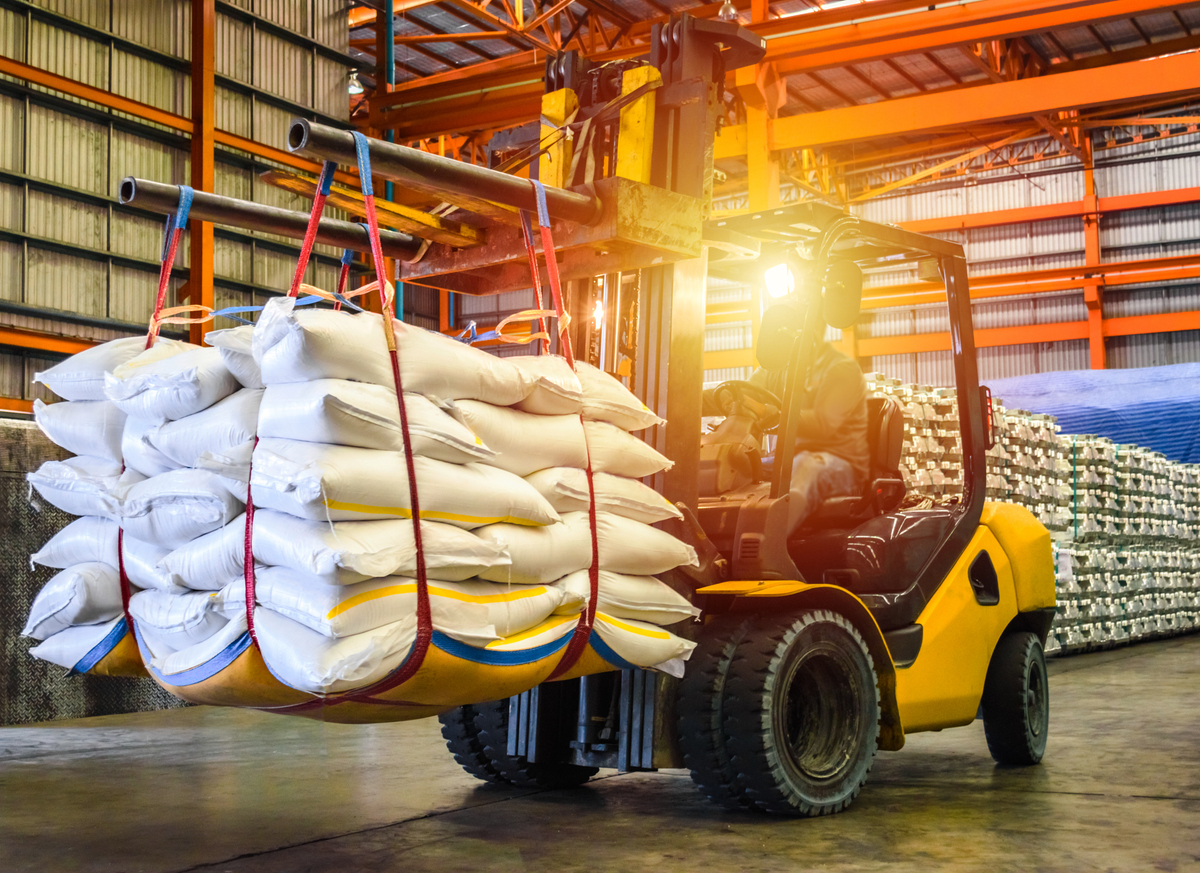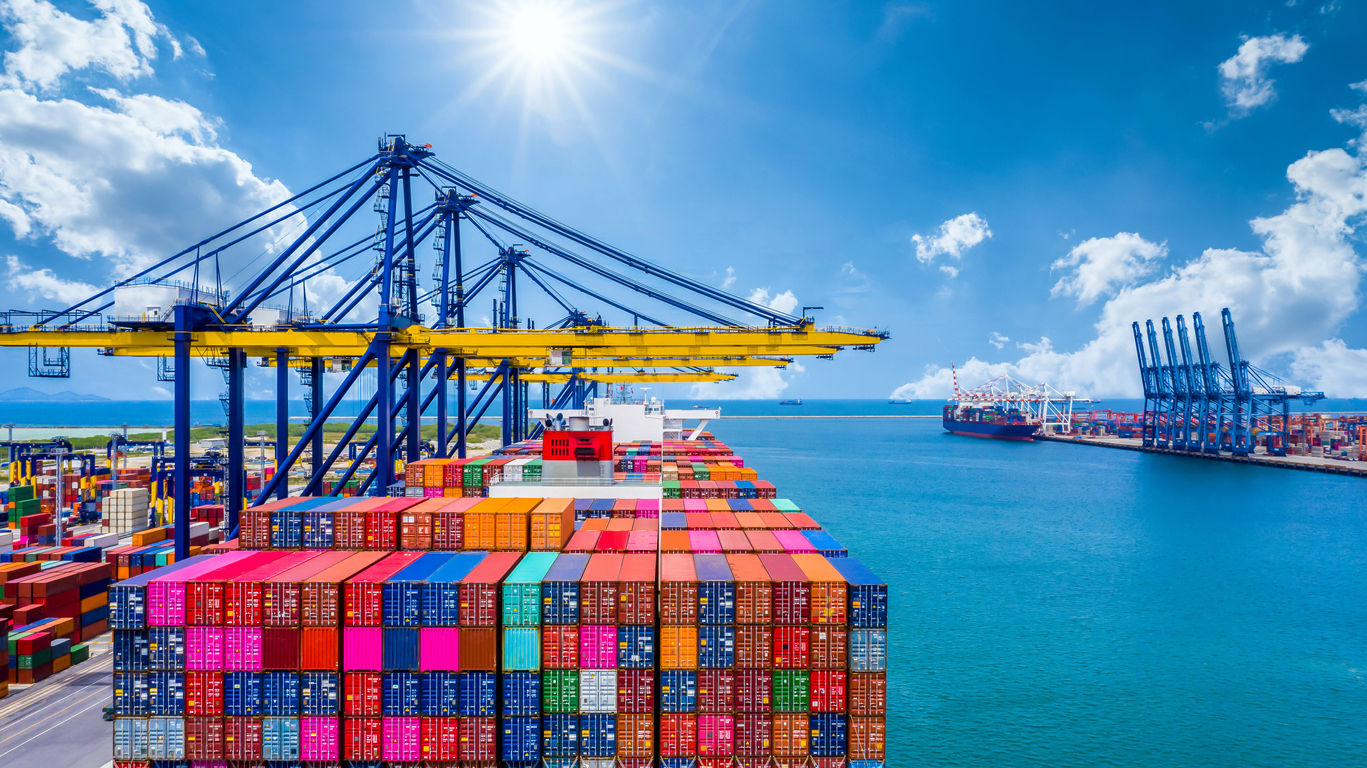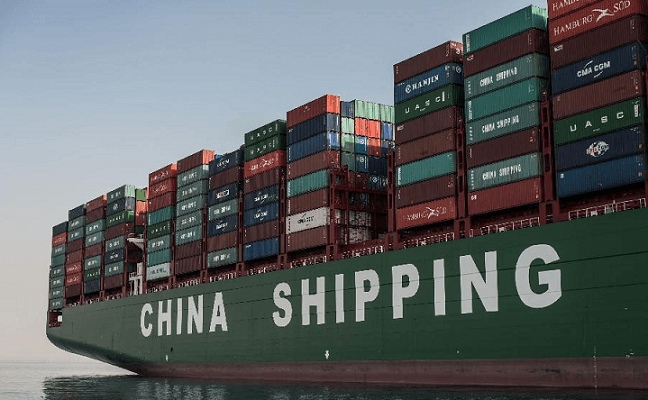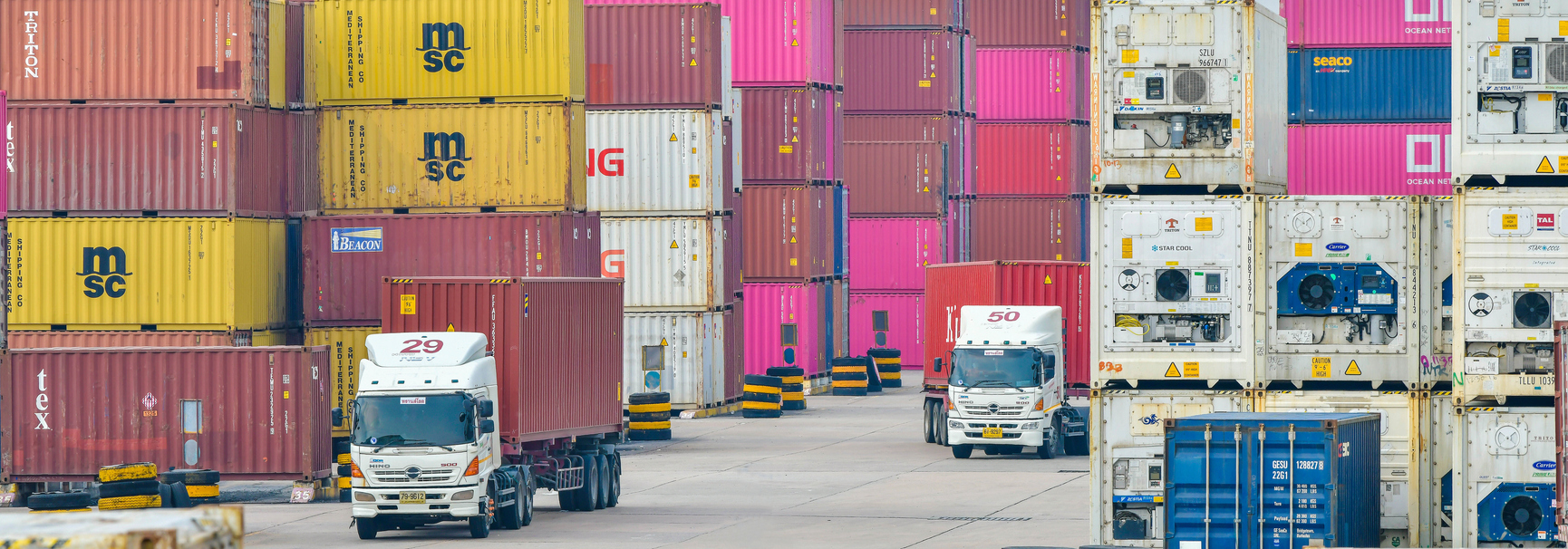Navigating the Petroleum Gas Market in Angola: A Guide to Buying and Exporting Successfully
Navigating the Petroleum Gas Market in Angola: A Guide to Buying and Exporting Successfully
Angola is one of the most promising markets for petroleum gas in the world. With its vast untapped reserves, it presents a unique opportunity for investors to capitalize on the growing demand for natural gas in the region. However, navigating the complex and ever-changing Angolan petroleum gas market can be a daunting experience for newcomers. This guide will provide a comprehensive overview of the Angolan petroleum gas market and provide key insights on how to successfully buy and export petroleum gas from Angola. From understanding the legal and regulatory framework to assessing the supply and demand of gas, this guide will equip you with the necessary knowledge to make informed decisions and maximize your returns. So, let us dive in and explore the exciting and lucrative world of Angolan petroleum gas!
Overview of the Angolan Petroleum Gas Market
Before we dive into the ins and outs of the Angolan petroleum gas market, let us take a look at the broader picture of the Angolan gas industry. The Angolan gas industry is one of the fastest growing industries in the country and is expected to grow at a CAGR of 1.59% from 2017 to 2021. Its growth is primarily driven by the increasing demand for electricity and the growing expectations of consumers. The government’s focus on the expansion of the electricity sector and its initiatives to improve the supply of natural gas to end-users are expected to further drive the growth of the petroleum gas industry in the coming years. The Angolan gas industry can be broadly divided into two segments – oil and petroleum gas. The oil and gas industry in Angola is a high-risk, high-reward industry and is dominated by multinational oil and gas companies. Angola is blessed with rich untapped petroleum gas and crude oil reserves and is expected to remain a prime destination for the oil and gas industry for years to come.
Legal and Regulatory Framework
The Angolan petroleum gas market is guided by a well-defined legal and regulatory framework. The Petroleum Code, which details the legal framework for the petroleum gas industry, was enacted in 2012. The primary objective of this code is to attract investment and promote efficiency in the Angolan gas industry. The Petroleum Code governs the entire gas supply chain and mandates the establishment of a National Unit of Measurement (UNQ). This unit of measurement is the reference point for pricing petroleum gas in Angola. The UNQ is calculated based on the amount of natural gas in standard cubic meters and is used to determine the price of petroleum gas at every stage of the supply chain. The Petroleum Code also outlines the roles and responsibilities of the National Petroleum Agency (NPA). The NPA is the regulatory body that oversees all aspects of the gas supply chain in Angola. In addition to regulating the gas supply chain, the NPA is also responsible for the development of the gas market and the promotion of gas consumption in the country.
Assessing Supply and Demand
The first step towards buying and exporting petroleum gas from Angola is assessing the supply and demand of gas in the country. Before you can do that, you need to understand the consumption pattern of the country and identify the demand-supply gap for petroleum gas. The Angolan gas market is primarily driven by the demand for electricity in the country. The demand for petroleum gas for cooking, heating, and powering vehicles is relatively low. However, the demand for gas as a feedstock for the fertilizer industry is growing. The table below highlights the consumption pattern of petroleum gas in Angola. Table below highlights the consumption pattern of petroleum gas in Angola
Understanding the Pricing Structure
Now that we have a thorough understanding of the supply and demand of petroleum gas in Angola, let us move on to the pricing structure of the commodity. The price of petroleum gas is dictated by two critical factors – the cost of imported gas and the cost of domestic production. The pricing structure for petroleum gas can be broadly classified as below: Import Price of Gas : This is the price at which imported gas is procured in the international market. : This is the price at which imported gas is procured in the international market. Cost of Production : This is the price at which gas is produced locally. The cost of production is determined by various factors such as the cost of equipment, labor, and the overall cost of production. : This is the price at which gas is produced locally. The cost of production is determined by various factors such as the cost of equipment, labor, and the overall cost of production. Industrial Margin: This is the difference between the import price of gas and the price at which gas is sold to the end-user.
Navigating the Tax System
Once you have decided on the type of contract you wish to enter into and the terms and conditions of the purchase agreement have been agreed upon, you must then navigate the complex tax system in Angola. The Angolan government levies a number of taxes on imported petroleum gas. These taxes are dependent on the type of contract you enter into with the seller. Below is a comprehensive list of taxes that you need to be aware of while importing petroleum gas in Angola: Import Duty : This is a duty levied on imported goods in Angola. The import duty on petroleum gas is 0%. : This is a duty levied on imported goods in Angola. The import duty on petroleum gas is 0%. VAT (Value Added Tax) : This is the primary indirect tax levied on the sale of goods and services in Angola. The standard rate of VAT is 16%. : This is the primary indirect tax levied on the sale of goods and services in Angola. The standard rate of VAT is 16%. Social Security Contributions : This is a mandatory contribution that must be paid by the seller to provide social security coverage to the seller’s employees. The Social Security contribution on imported goods is 0%. : This is a mandatory contribution that must be paid by the seller to provide social security coverage to the seller’s employees. The Social Security contribution on imported goods is 0%. Customs Duties : This is a duty levied on imported goods in Angola. The customs duty on petroleum gas is 0%.
Securing the Necessary Export Licenses
Once you have chosen the seller with whom you wish to enter into a contract and have secured a Letter of Credit from your bank, you must then start the process of securing the necessary export licenses. Depending on the quantity of petroleum gas that you intend to import, you may be required to procure one or more of the below licenses: The Exchange Control License ( CENDEX ) : The Exchange Control License is a mandatory license required to import and export goods in Angola. It is issued by the National Bank of Angola (Nboa) and is valid for a period of one year. The Import Licenses : Depending on the type of contract, you are likely to be required to procure two types of import licenses – one for the import of crude oil and the other for the import of petroleum gas. The Excise Licenses : The excise licenses are granted by the Angolan Ministry of Finance and are required to sell petroleum gas to the end-user. They are valid for a period of one year.
Developing a Risk Management Plan
Now that you have successfully navigated all the steps required to buy and export petroleum gas from Angola, it is time to develop a risk management plan to minimize the risk of loss. At every stage of the trade, you must keep a close watch for the following red flags that could indicate the presence of fraud: Questionable Seller : You must have a thorough background check of the seller and must be cautious of sellers with a questionable track record. Excessive price variation : There may be hidden costs associated with price variation and you must be wary of price variations that are too different from your expectations. Inexperienced Buyer : You must be cautious of buying from inexperienced buyers as they may be unable to settle the payment. Switching Buyer : There may be a possibility of a “switch” wherein the seller tries to replace the original seller with another person.
The Role of Technology in the Petroleum Gas Market
Finally, let us conclude this guide by exploring the role of technology in the petroleum gas market. The advent of technology has made the buying and selling of petroleum gas easier than ever before. The following are some of the technological innovations that are revolutionizing the petroleum gas market: SME E-commerce Solutions: There is a growing trend towards selling goods and services online. This has made it easier for small and medium enterprises (SMEs) to enter into contracts with sellers and export goods from other countries. Business-to-business (B2B) e-commerce solutions help SMEs enter into contracts with sellers and export goods from other








LEAVE A COMMENT
You must be logged in to post a comment.